William Hicks thinks state lawmakers need to focus on the big picture in considering proposed property tax legislation like Senate Bill 851.
"A property tax freeze would be damaging to all local government bodies,” Hicks, an appointed member of the Carpentersville's Business Development Commission, told the Kane County Reporter. “Their expenditures are subject to inflation and they have few options available to increase revenue."
In the House-amended form that was being considered in the Senate earlier this month, SB851 would establish a two-year property tax freeze for Cook, Lake, McHenry, Kane, DuPage and Will counties. The measure would allow those counties to increase property taxes only with voter approval.
All other counties would be subject to holding referendums asking whether a property tax freeze should be imposed for 2018 and 2019 or that all governments within a county jurisdiction be subject to a property tax freeze over that period and to the Property Tax Extension Limitation Law for levy year 2020 and the foreseeable future.
The legislation was not brought up for a vote in the Senate before the veto session ended.
"Currently, townships are providing vital social services to the poor in our area that other governmental bodies do not seem willing or able to provide,” Hicks said. “Although I would like to see consolidation of taxing bodies for the purpose of efficiency, it is imperative that the vital functions being performed by the entities being merged don’t get dropped or diminished. School districts are some of the most obvious targets for consolidation, especially in sparsely populated areas.”
Regarding SB851, Bryan Smith, the executive director of the Township Officials of Illinois, had sent a legislative alert to township officials asking them to urge their state lawmakers to oppose the measure.
A recent Truth in Accounting survey found that Illinois now ranks 49th in the country in taxpayer burden, with the average Illinois taxpayer now owing $50,400 in debt.

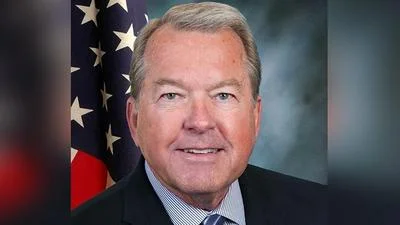
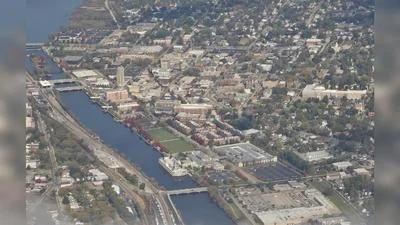
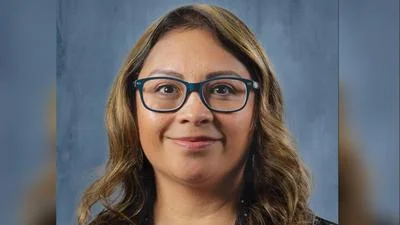
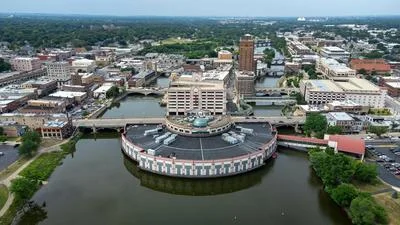
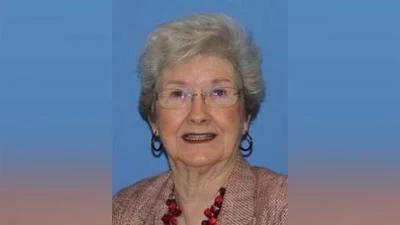
 Alerts Sign-up
Alerts Sign-up